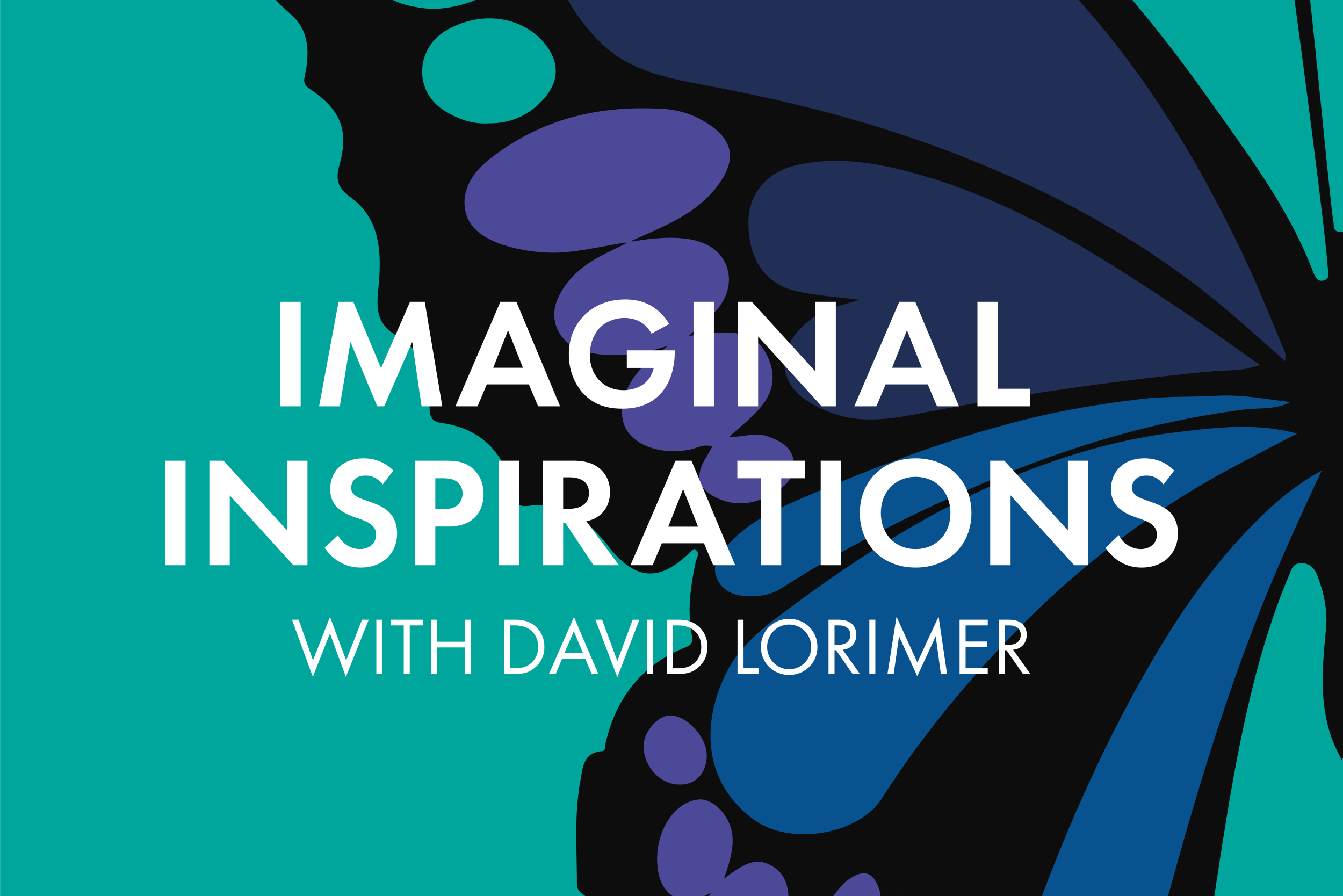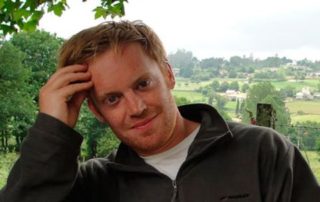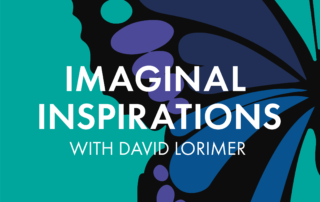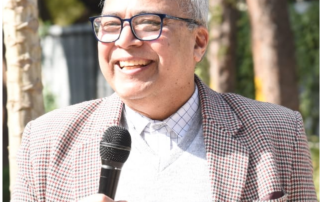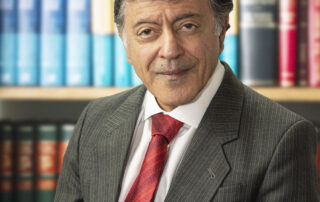
Expanding the Scope of Science
ORIGINS
David Lorimer introduces the Galileo Commission Report
REMIT
The Galileo Commission was founded in 2017 with a view to expanding the worldview of science beyond its limiting materialistic assumptions, which are seldom explicitly examined. A central and widely held assumption is that the brain generates consciousness and is therefore extinguished at death.
Following widespread consultation in 2018 with 90 advisers representing 30 universities worldwide, we have published the Galileo Commission Report, written by Prof Dr Harald Walach and entitled Beyond a Materialist Worldview – Towards an Expanded Science. The report has been widely endorsed as a groundbreaking document, so we encourage you to support our movement by joining the Galileo Commission either as a Professional Affiliate or a Friend. There is also a Summary Report and a Layman’s Report, and a brief summary of the argument is available in a number of languages. We encourage you to read and support Dr Athena Potari’s Call for a Renaissance of the Spirit in the Humanities and to read our edited book Spiritual Awakenings, which documents the transformative experiences of 57 scientists and academics.
A Call for a Renaissance of the Spirit in the Humanities
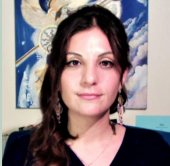 The “Call for a Renaissance of the Spirit in the Humanities”, written by Dr Athena D. Potari, is a pioneering project aiming to raise awareness regarding how the prevailing paradigm of materialism affects the ways in which knowledge is approached within the context of the Humanities. In line with the Galileo Report, which discusses the importance of liberating the positive sciences from the limitations of the paradigm of scientific materialism, this Call aims at making the case for the Humanities as well. The Call explores how recent developments in scientific studies on consciousness, and the ensuing understanding that consciousness is primary and unified, can inform our understanding of what it means to be “human” with correspondingly appropriate epistemologies, as well as how we approach key areas of human activity, including ethics, politics and the environment.
The “Call for a Renaissance of the Spirit in the Humanities”, written by Dr Athena D. Potari, is a pioneering project aiming to raise awareness regarding how the prevailing paradigm of materialism affects the ways in which knowledge is approached within the context of the Humanities. In line with the Galileo Report, which discusses the importance of liberating the positive sciences from the limitations of the paradigm of scientific materialism, this Call aims at making the case for the Humanities as well. The Call explores how recent developments in scientific studies on consciousness, and the ensuing understanding that consciousness is primary and unified, can inform our understanding of what it means to be “human” with correspondingly appropriate epistemologies, as well as how we approach key areas of human activity, including ethics, politics and the environment.What people say…
Featured book
Featured podcast
The Playful Universe – Marjorie Woollacott, David Lorimer and Gary Schwartz (Eds)
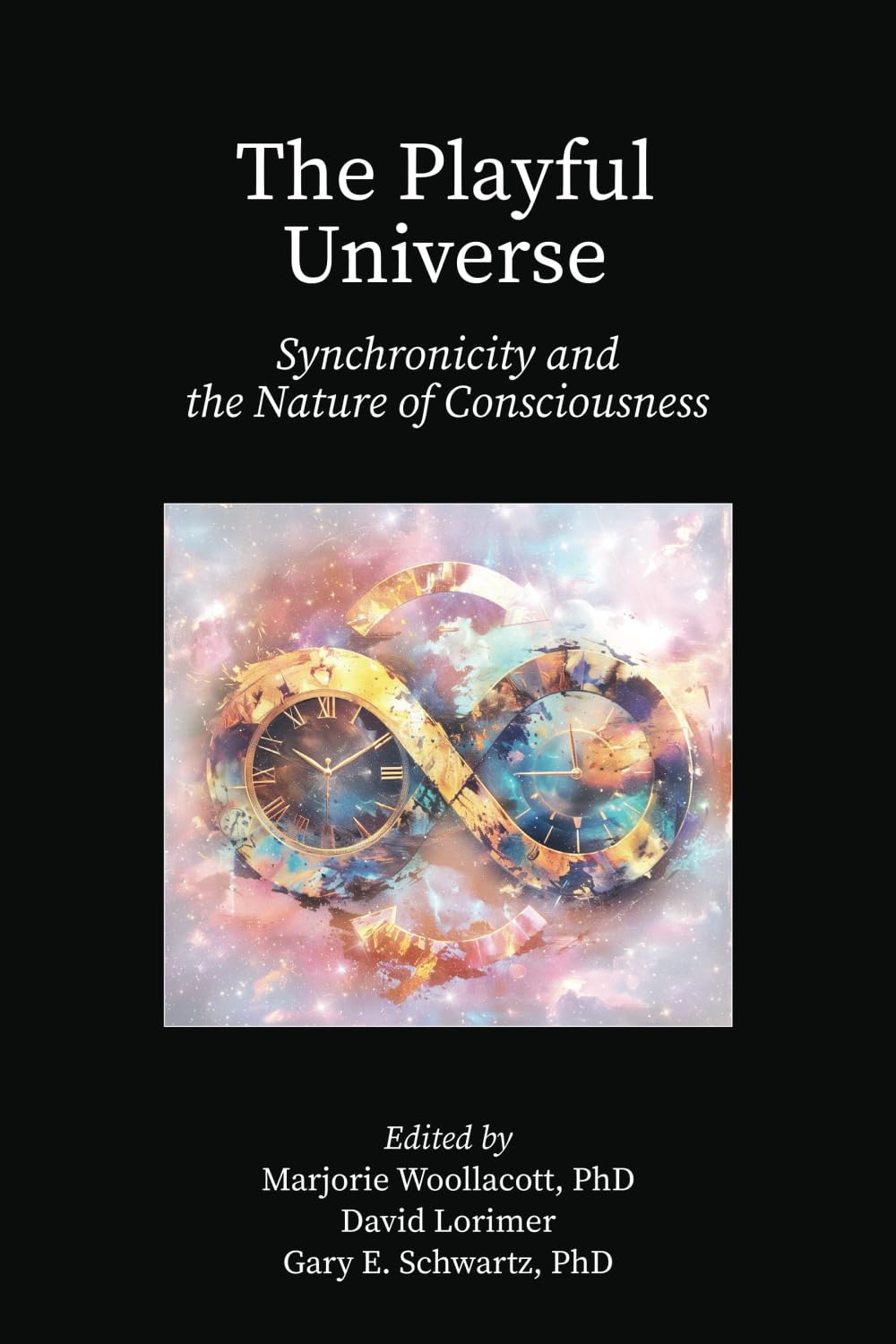
This volume consists of essays by scientists and academics describing their own experiences of synchronicity and how these experiences transformed both their worldview and the way they lived their lives. We truly believe that this is a fundamentally intelligent, benevolent, creative and playful universe in which we, as individual expressions of the one Universal Mind, co-create our reality.
Recent News
Jules Evans – The uselessness of non-materialist theories of reality
Materialism doesn’t really explain consciousness at all — it simply ignores it, or calls it an epiphenomenon. Seeing as the only thing we know for sure is that we’re conscious, and we experience everything through our consciousness, it’s amazing that a theory that ignores consciousness and has no explanation for it has lasted this long.
Imaginal Inspirations with Wendy Ellyatt
David's guest this month is Wendy Ellyatt, a Global Thinker and Change Agent who is actively promoting regenerative systems transformation across sectors.
What governs the Brain? Is Neuroscience Immersive for Consciousness? – A.K. Mukhopadhyay
The paper develops a new road map along the axiology of consciousness-cognition-behavior for investigating brain-consciousness relationship, where the brain operates as natural, formal, informational (codal), live, and conscious system to make the unknown imaginable, imagined intelligible, intelligible possible, possible verifiable, and verifiable verified. Consciousness, on the other hand, as a non-observable and influential, supports the brain’s reflex activities, upholds habituated acts, and participates in cognitive functions. Consciousness uses the brain to make its political statements by asserting its “will”/“won’t”, in developing multisystem concurrence, creativity, and exhibiting holonomic group behavior, and leadership.
Edi Bilimoria – Idealism: Arguing Pro and Con
Idealism is the theory that all reality is consciousness and only consciousness, and that what we perceive to be the physical world is either a manifestation of consciousness or derived from it. Either way, fundamental reality is pure consciousness. What are the arguments for and against Idealism (like the common sense of the physical)?
Imaginal Inspirations with Will Keepin
William Keepin, PhD, is a mathematical physicist with extensive training in contemplative meditation and transpersonal psychology. His research on sustainable energy to mitigate climate change influenced international environmental
Non-Polluting Soundless Energy Ecosystem of a Cell – A.K. Mukhopadhyay
A biological cell is drowned in the environmental energy ecosystem, which consists of matter-sourced conventional energy, information-sourced dark energy, and consciousness-sourced subtle energy. The stupendous work a cell does in its Gene machinery and the Protein factory using dark and subtle energy silently, without creating any pollution of the environment is remarkable in this respect. From the insights of cell biology highlighted in this paper, it seems there is a lot to learn from a cell to have a clean green energy ecosystem for humanity in this material world of machines.
